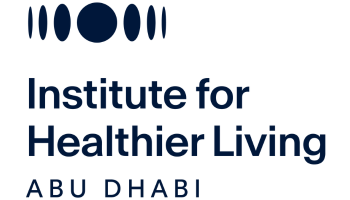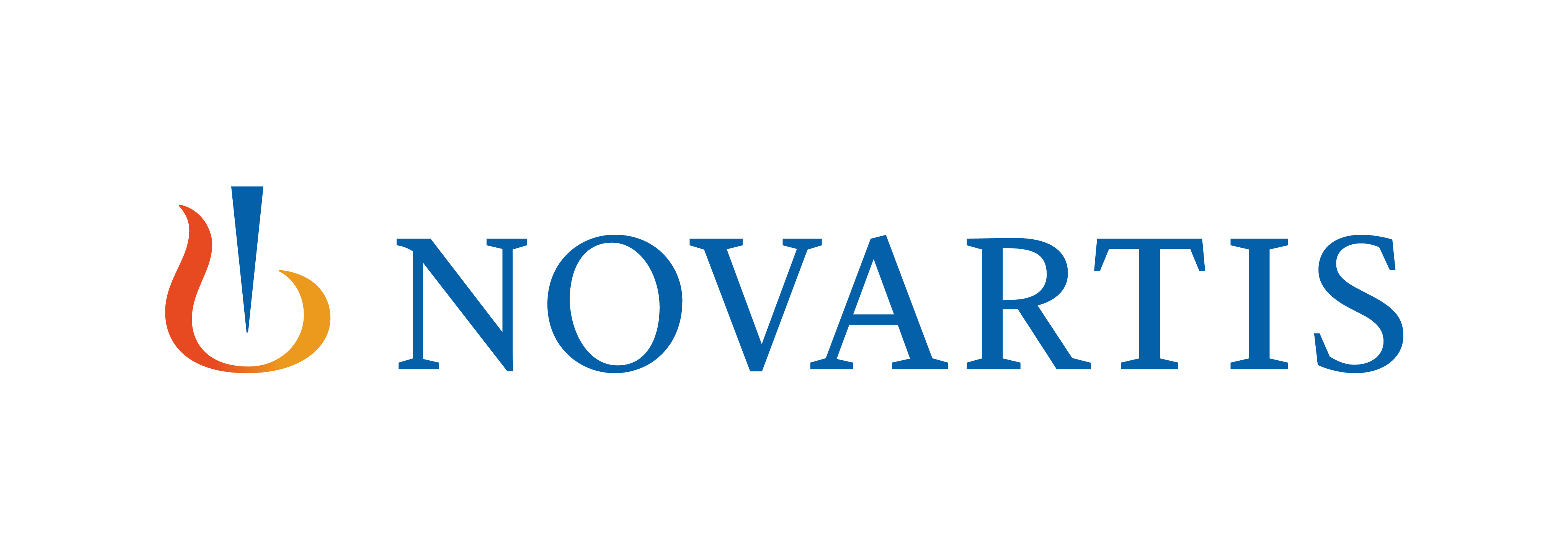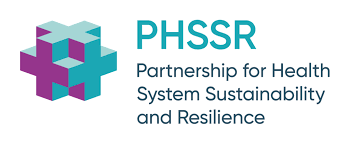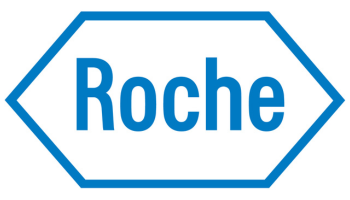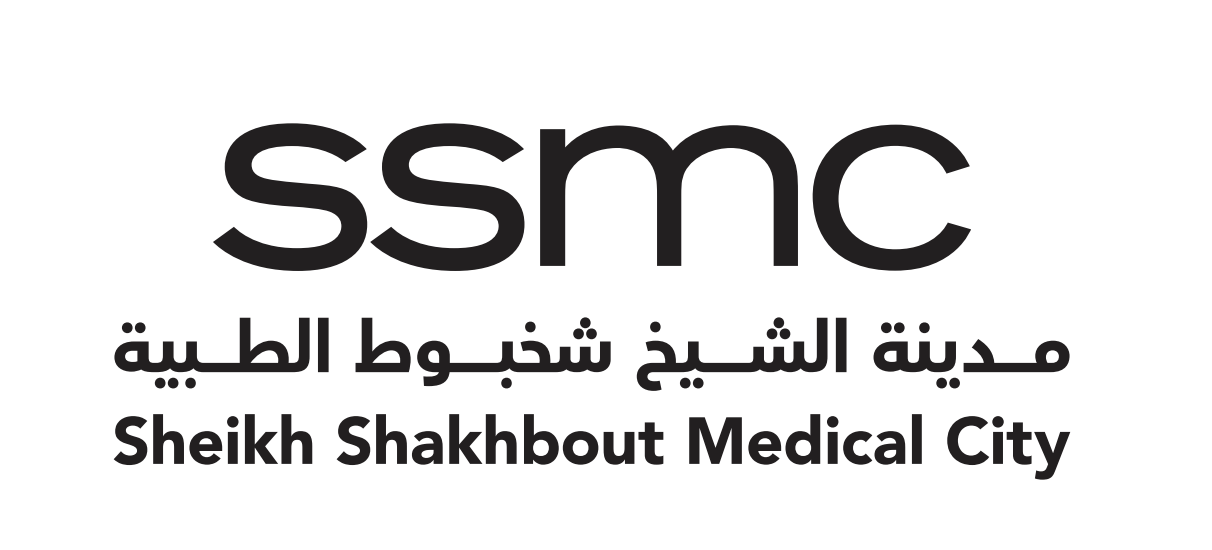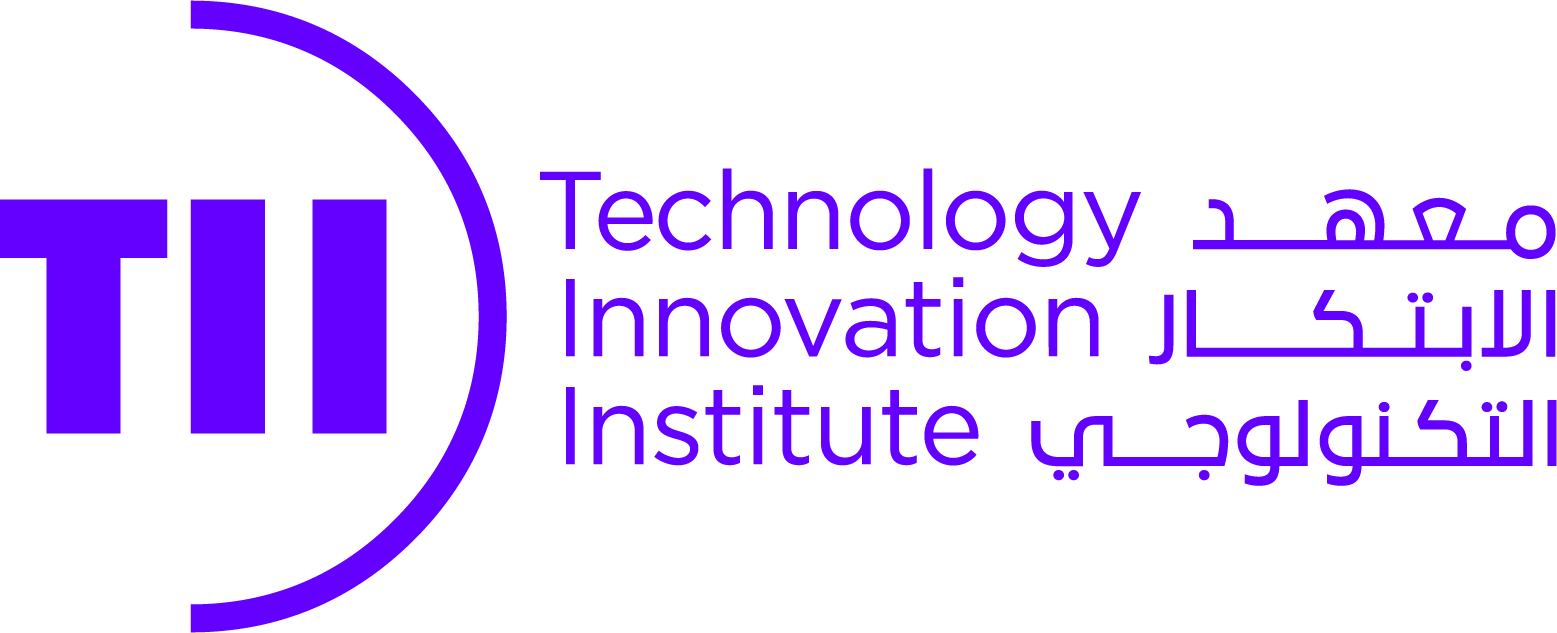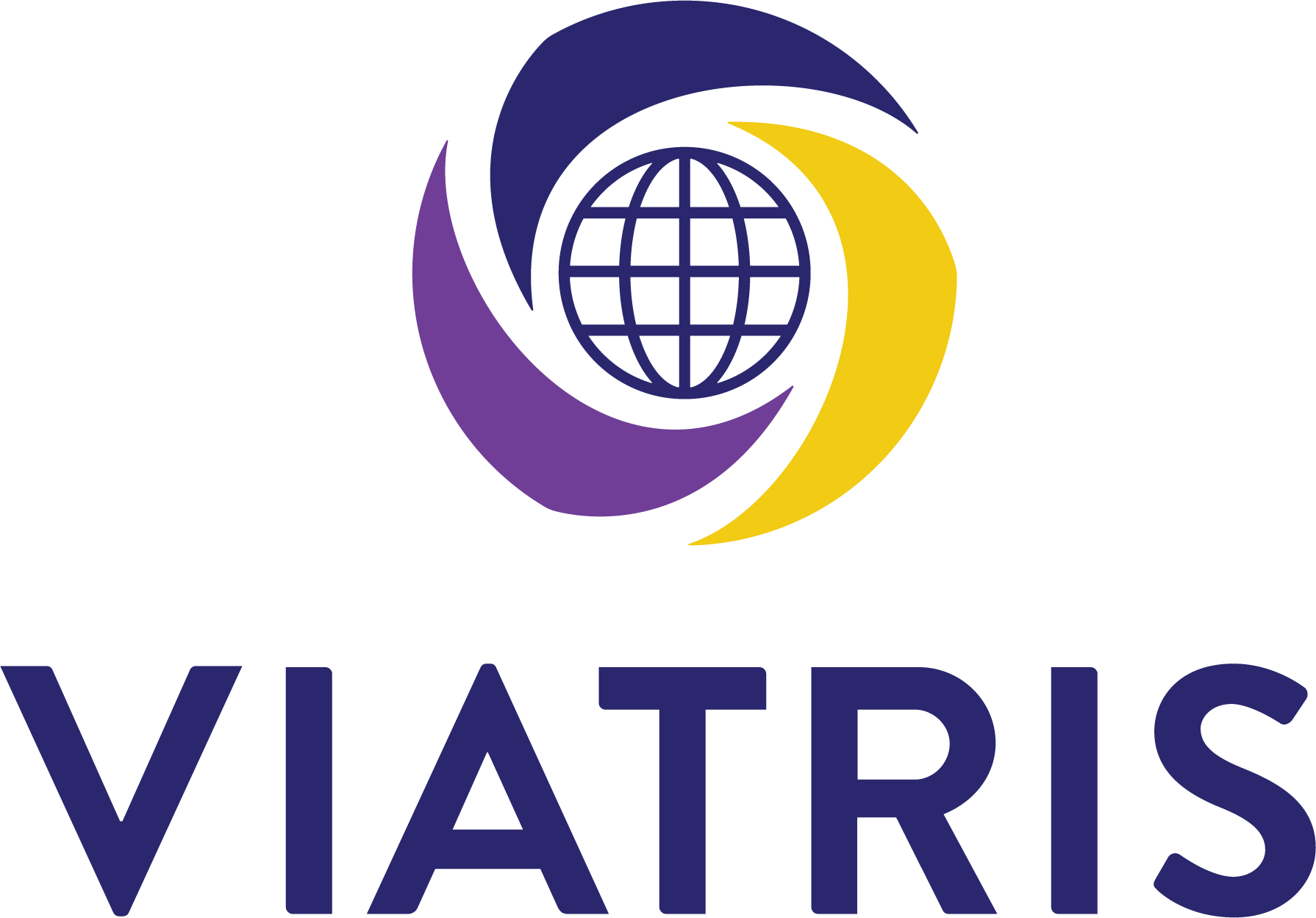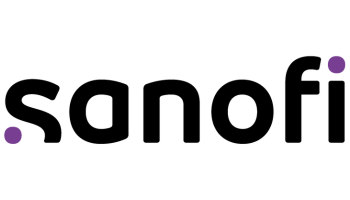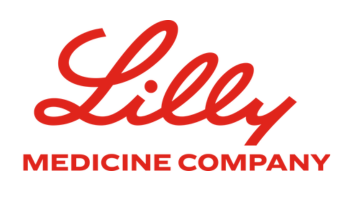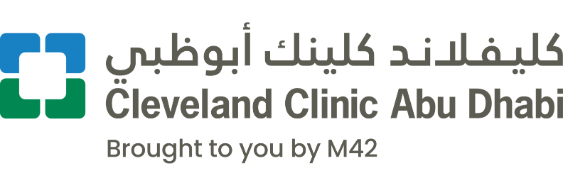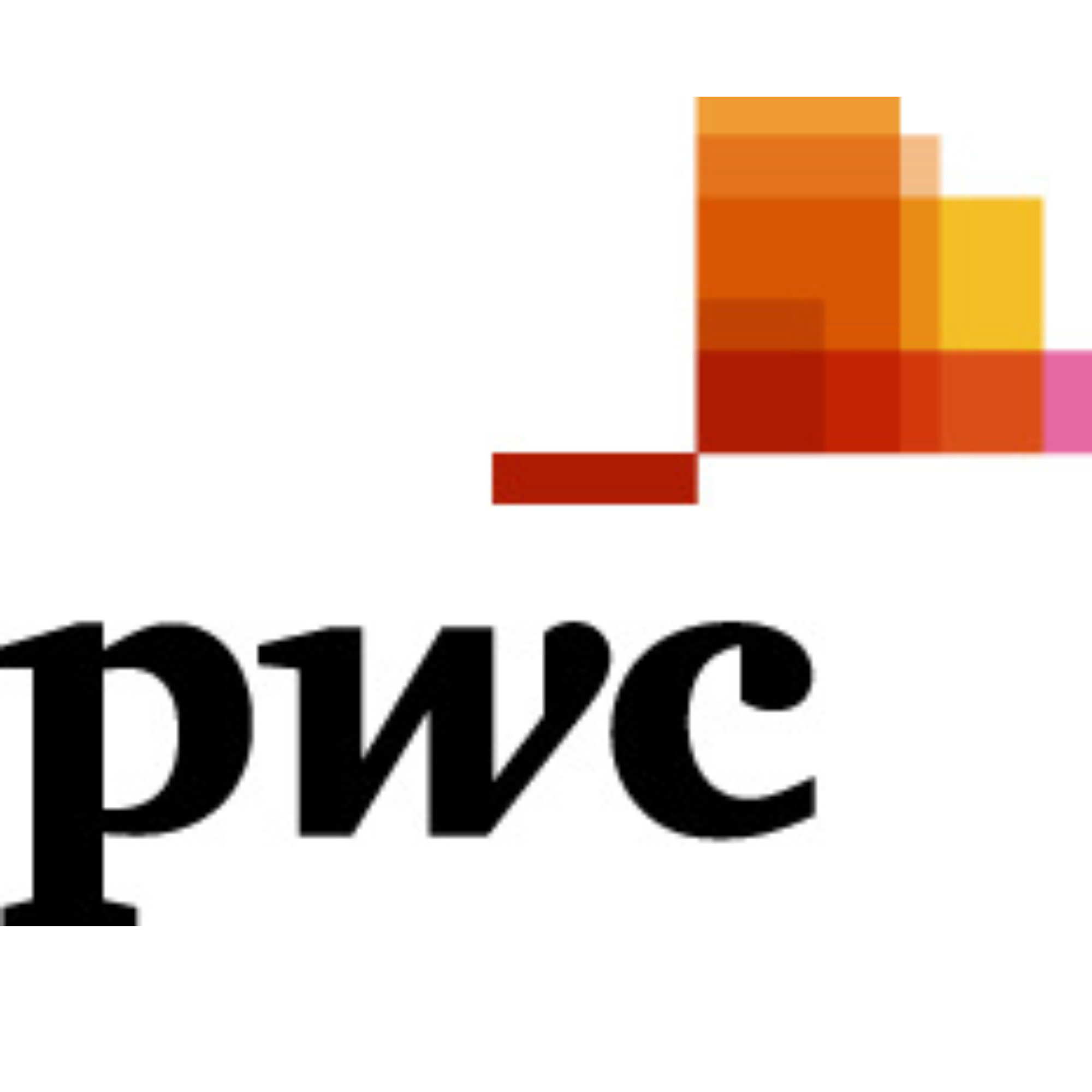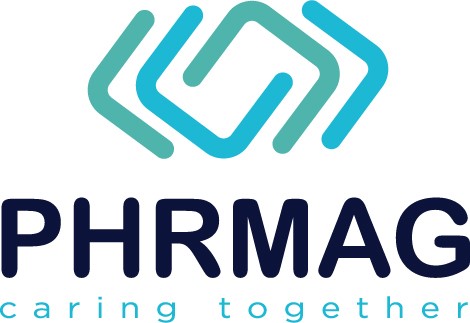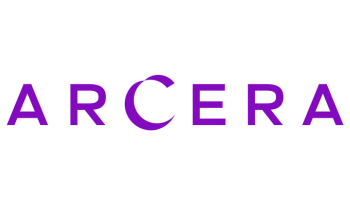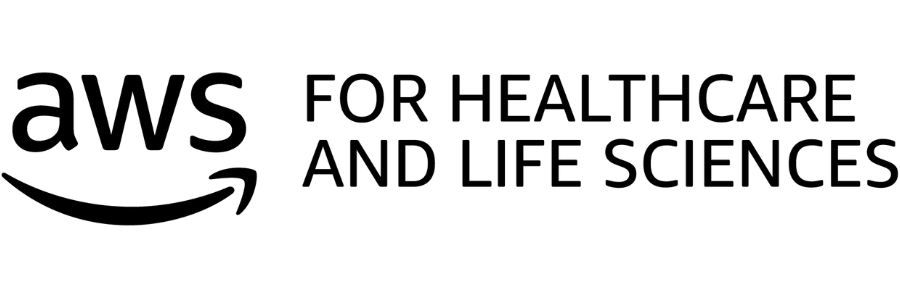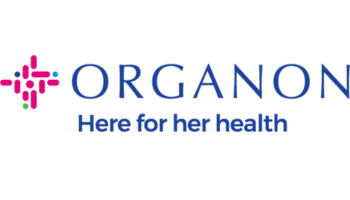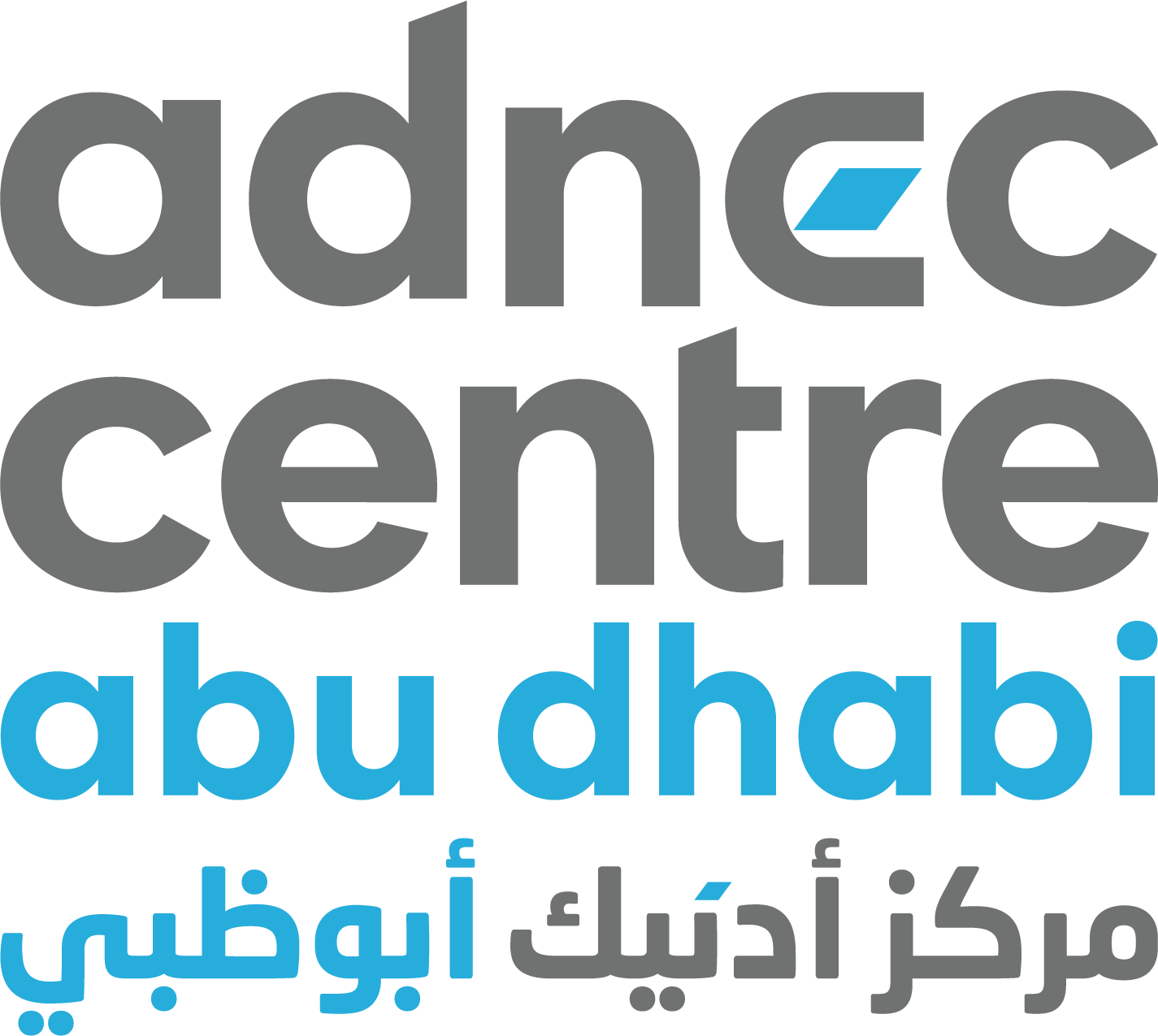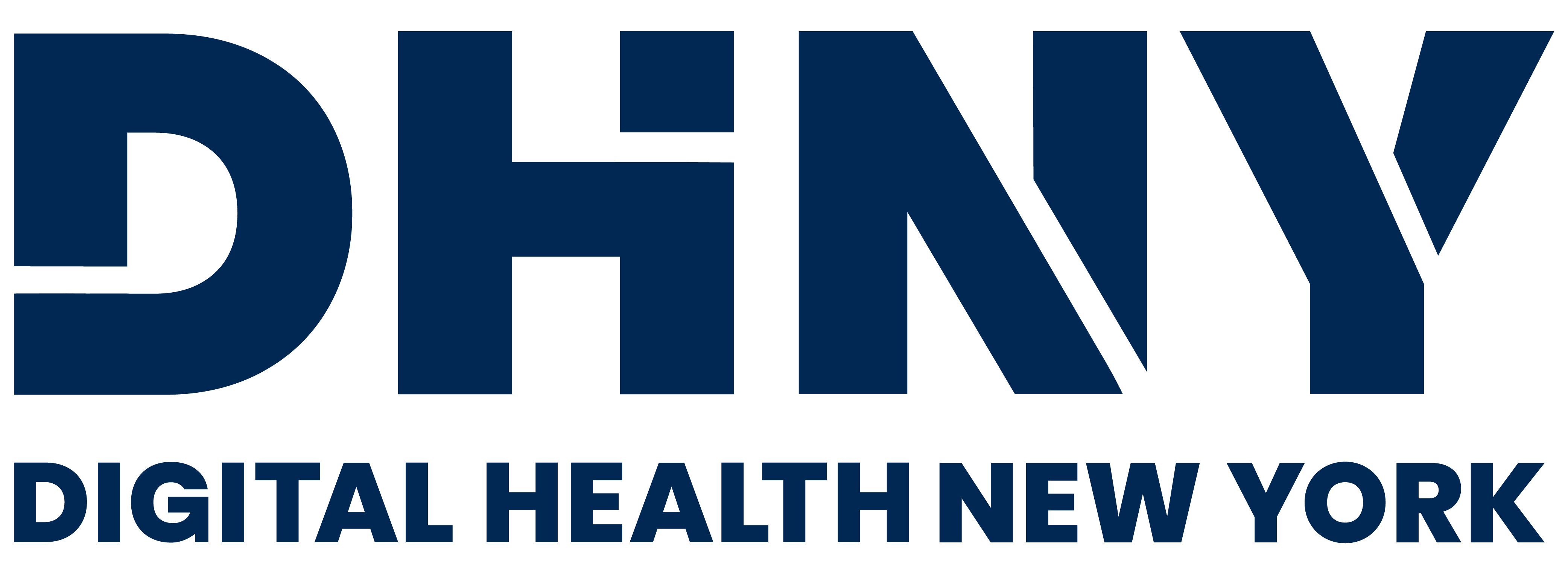تحت رعاية سموّ الشيخ خالد بن محمد بن زايد آل نهيان، ولي عهد أبوظبي رئيس المجلس التنفيذي لإمارة أبوظبي
Under the Patronage of His Highness Sheikh Khaled bin Mohamed bin Zayed Al Nahyan, Crown Prince of Abu Dhabi and Chairman of Abu Dhabi Executive Council
ACCELERATING THE FUTURE OF GLOBAL HEALTHCARE
AN ABU DHABI STRATEGIC INITIATIVE
DoH organises a training workshop on rationalisation of energy consumption at the Emirate’s healthcare facilities
In line with the announcement of His Highness Sheikh Mohamed bin Zayed Al Nahyan, President of the United Arab Emirates, that 2024 will be the continuation of the “Year of Sustainability”, the Department of Health – Abu Dhabi (DoH), the regulator of the healthcare sector in the Emirate, has collaborated with the Abu Dhabi Department of Energy (DoE), and Abu Dhabi Energy Services (ADES) to support healthcare facilities achieve the Emirate’s healthcare sustainability goals and contribute to working towards net-zero emissions, while empowering them to fulfill the requirements of the "Emerald Muashir" within the Abu Dhabi Healthcare Quality Index 'Muashir'.
This announcement is part of a specialised training workshop titled "Rationalising Energy Consumption in Healthcare Buildings" attended by H.E. Dr. Noura Khamis Al Ghaithi, the Undersecretary of DoH, H.E. Eng. Ahmed Mohammed Al Rumaithi, Undersecretary of DoE, Khalid Al Qubaisi, the Chief Executive Office of ADES. The workshop brought together experts from ADES and over 150 representatives from healthcare facilities in the Emirate, highlighting key practices and standards enabling healthcare facilities to advance their sustainability efforts and continue reducing their carbon footprint.
During the workshop, specific measures to preserve energy and reduce overall consumption at the facilities were discussed. This involved leveraging ADES's expertise in energy efficiency services, which will assess the current energy consumption levels in hospital buildings. The evaluation will determine the expected outcomes upon implementing recommended efficiency measures to enhance energy and water efficiency.
On this occasion, H.E. Dr. Noura Khamis Al Ghaithi, Undersecretary of the Department of Health – Abu Dhabi (DoH) said: “As part of our continuous efforts to reinforce Abu Dhabi’s position as a leading healthcare destination globally, we have set ambitious sustainability goals for the healthcare sector in Abu Dhabi. By working together with Abu Dhabi Energy Services, healthcare facilities will have access to its expertise and guidance, as well as their energy-efficient solutions while equipping them with the necessary tools to help them improve their suitability levels.”
H.E. Ahmed Mohammed Al Rumaithi, Undersecretary of the Abu Dhabi Department of Energy, stressed that the DoE continues its ongoing efforts in the field of energy and water efficiency; including conservation of resources and reducing carbon emissions, as part of its commitment to achieving the UAE Net Zero by 2050 Strategic Initiative, and the Abu Dhabi Vision 2030. Building Retrofit programme is the most important part of the Abu Dhabi's Demand Side Management and Energy Rationalisation Strategy 2030, contributing to the achievement of energy and water consumption targets in Abu Dhabi.”
“Healthcare is one of the leading energy-consuming industries. Our vision is to achieve a sustainable transformation in this vital sector by strengthening cooperation with the Department of Health, Abu Dhabi, to retrofit the DOH buildings and facilities, in order to reduce their environmental impact, and contribute to cutting the operational costs and expenses of energy consumption. We also aim to establish a culture that rationalizes the use of water and electricity in a positive and effective manner.” H.E. Al Rumaithi added.
Khalid Al Qubaisi, the Chief Executive Officer of the Abu Dhabi Energy Services (ADES) said: “Our collaboration with the Department of Health - Abu Dhabi underscores our role as the custodian of the Building Retrofits Programme, a pivotal component of the Abu Dhabi Demand Side Management and Energy Rationalization Strategy 2030. This ambitious initiative targets a 22% reduction in electricity consumption and a 32% decrease in water usage by 2030. We are committed to assisting the healthcare sector in realising sustainability objectives and promoting the principles of a circular economy. This commitment is not only a reflection of our corporate responsibility but also aligns seamlessly with the pertinent environmental and economic policies in Abu Dhabi”.
It is worth mentioning that during its participation at the United Nations Climate Change Conference COP28, DoH announced the winners of the Emerald Muashir Awards, acknowledging the top six healthcare facilities that have met the Department’s criteria for the awards. The awards were split into two categories, one for large hospitals, and one for medium hospitals. These facilities have complied with DoH’s three pillars for Emerald Muashir, which are infrastructure, operation, and healthcare waste. The Department identified Abu Dhabi’s healthcare sustainability goals, which aim to reduce carbon emissions by 20% in 2030 and Net Zero by 2050.
Furthermore, DoH had signed a strategic Memorandum of Understanding with the Geneva Sustainability Centre (GSC), an organisation powered by the International Hospital Federation (IHF) that is focused on assisting hospitals and healthcare services to address sustainability challenges by equipping healthcare leaders with the knowledge, skills, and tools to deliver a net positive impact. As part of the agreement, GSC conducted several sustainability masterclasses where it gave access to the sustainability accelerator tool, and coaching and consulting support for the healthcare workforce in Abu Dhabi.
Source: DoH






